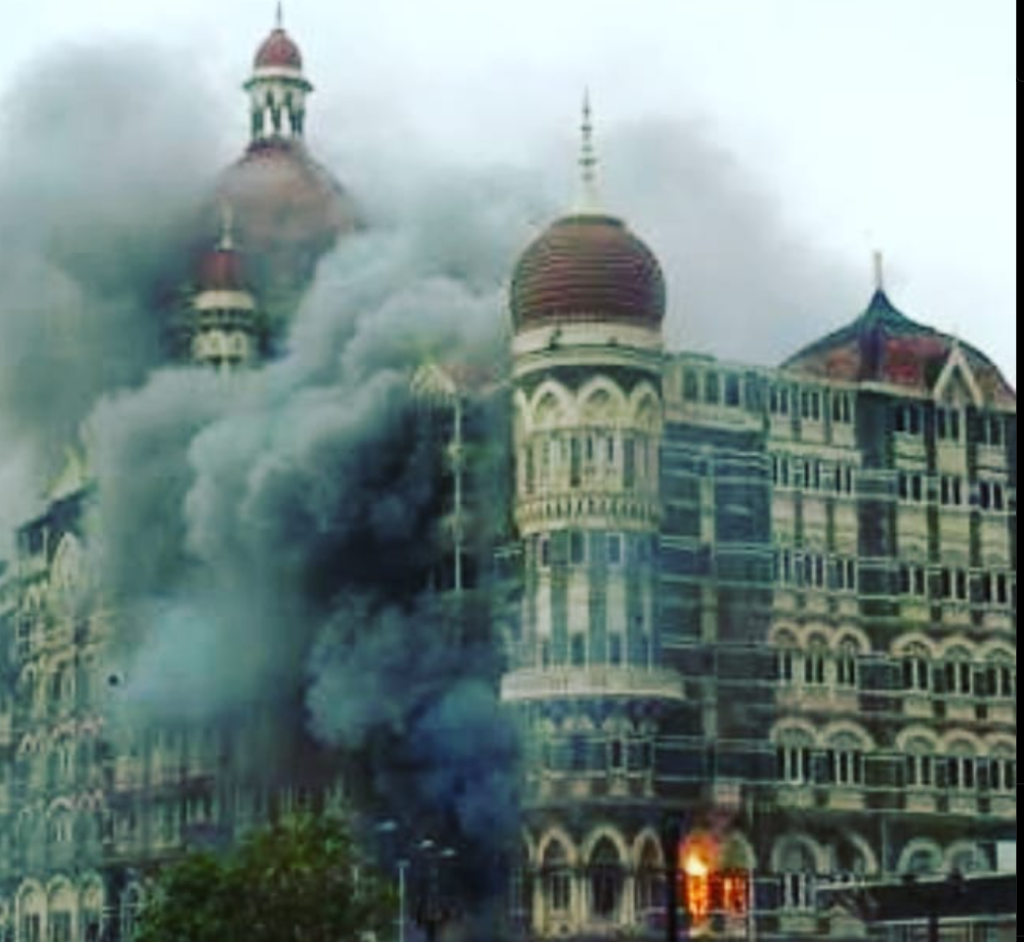26/11 Attacks
Introduction
November 26, 2008, marked a dark day in the history of India. It was on this day that the city of Mumbai was shaken by a series of coordinated terrorist attacks that lasted for four days. Commonly referred to as the 26/11 attacks, this tragic event left an indelible mark on the nation’s consciousness. As we approach the 15th anniversary of this unforgettable terror attack, it is essential to reflect upon the insights gained from this horrific incident.

A Brief Recap
The 26/11 attacks were carried out by ten members of the Pakistan-based terrorist organization Lashkar-e-Taiba. Their targets included locations throughout Mumbai, including the iconic Taj Mahal Palace Hotel, the Chhatrapati Shivaji Terminus railway station, and a Jewish community center. The attackers used firearms, grenades, and improvised explosive devices to wreak havoc and instill fear in the city.
Lessons Learned
The 26/11 attacks served as a wake-up call for India and the international community. Here are some essential insights gained from this tragic event:
1. Strengthening Intelligence and Security
The attacks exposed gaps in intelligence sharing and coordination between various security agencies. Since then, significant efforts have been made to enhance intelligence gathering, sharing, and analysis. The establishment of the National Investigation Agency (NIA) and the formation of specialized counter-terrorism units have helped strengthen the country’s security apparatus.
2. Improving Crisis Response
The 26/11 attacks highlighted the need for a robust crisis response mechanism. The delayed response and lack of coordination between different agencies were evident during the attacks. In response, the government has implemented measures to improve inter-agency communication and coordination. Regular drills and simulations are conducted to ensure a swift and coordinated response in the event of a future crisis.
3. Enhancing Maritime Security
The attackers arrived in Mumbai via the sea route, highlighting the vulnerability of India’s coastal security. In the aftermath of the attacks, the government has strengthened maritime security by increasing surveillance capabilities, deploying additional patrol vessels, and enhancing coordination between the Navy, Coast Guard, and other agencies responsible for coastal security.
4. International Cooperation
The 26/11 attacks had international ramifications, with several foreign nationals among the victims. The incident underscored the importance of international cooperation in combating terrorism. Since then, India has actively engaged with other countries to strengthen intelligence sharing, extradite terrorists, and enhance cooperation in counter-terrorism efforts.
Remembering the Heroes
As we reflect on the 26/11 attacks, it is crucial to remember and honor the brave individuals who sacrificed their lives to protect others. The hotel staff, police officers, and commandos who displayed immense courage and resilience in the face of danger deserve our utmost respect and gratitude.
Conclusion
The 26/11 attacks were a tragic chapter in India’s history, but they also catalyzed change. The insights gained from this unforgettable terror attack have led to significant improvements in intelligence, security, crisis response, and international cooperation. As we commemorate the 15th anniversary of this tragic event, let us remember the lessons learned and continue our collective efforts to build a safer and more secure world.
| Most Read |
|---|
| Supreme Court: Nationwide Ban on Harmful Firecrackers |
| Beloved ‘Friends’ Actor Matthew Perry Passes Away at Age 54 |